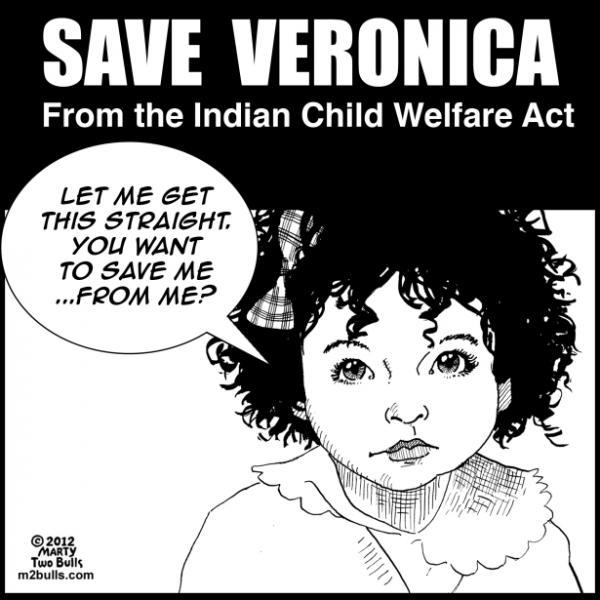Adoptive Couple v. Baby Girl (Dissent)
Justice Antonin Scalia * Track #5 On Adoptive Couple v. Baby Girl (570 U.S. ____ 2013)
Download "Adoptive Couple v. Baby Girl (Dissent)"
Album Adoptive Couple v. Baby Girl (570 U.S. ____ 2013)
- #1
 Adoptive Couple v. Baby Girl (Syllabus)
Adoptive Couple v. Baby Girl (Syllabus)Supreme Court of the United States
- #2
 Adoptive Couple v. Baby Girl
Adoptive Couple v. Baby GirlSupreme Court of the United States & Justice Samuel Alito
- #3
 Adoptive Couple v. Baby Girl (Concurrence)
Adoptive Couple v. Baby Girl (Concurrence)Justice Stephen Breyer
- #4
 Adoptive Couple v. Baby Girl (Concurrence)
Adoptive Couple v. Baby Girl (Concurrence)Justice Clarence Thomas
- #5
 Adoptive Couple v. Baby Girl (Dissent)
Adoptive Couple v. Baby Girl (Dissent)Justice Antonin Scalia
- #6
 Dissenting Opinion (No. 12-399)
Dissenting Opinion (No. 12-399)Supreme Court of the United States & & & &
Adoptive Couple v. Baby Girl (Dissent) by Justice Antonin Scalia
Release Date
Performed by
Justice Antonin ScaliaAdoptive Couple v. Baby Girl (Dissent) Annotated
Justice Scalia, dissenting.
I join Justice Sotomayor's dissent except as to one detail. I reject the conclusion that the Court draws from the words "continued custody" in 25 U. S. C §1912(f) not because "literalness may strangle meaning," see post, at 11, but because there is no reason that "continued" must refer to custody in the past rather than custody in the future. I read the provision as requiring the court to satisfy itself (beyond a reasonable doubt) not merely that initial or temporary custody is not "likely to result in serious emotional or physical damage to the child," but that continued custody is not likely to do so. See Webster's New International Dictionary 577 (2d ed. 1950) (defining "continued" as "[p]rotracted in time or space, esp. without interruption; constant"). For the reasons set forth in Justice Sotomayor's dissent, that connotation is much more in accord with the rest of the statute.
While I am at it, I will add one thought. The Court's opinion, it seems to me, needlessly demeans the rights of parenthood. It has been the constant practice of the common law to respect the entitlement of those who bring a child into the world to raise that child. We do not inquire whether leaving a child with his parents is "in the best interest of the child." It sometimes is not; he would be better off raised by someone else. But parents have their rights, no less than children do. This father wants to raise his daughter, and the statute amply protects his right to do so. There is no reason in law or policy to dilute that protection.
Adoptive Couple v. Baby Girl (Dissent) Q&A
When did Justice Antonin Scalia release Adoptive Couple v. Baby Girl (Dissent)?
Justice Antonin Scalia released Adoptive Couple v. Baby Girl (Dissent) on Tue Jun 25 2013.